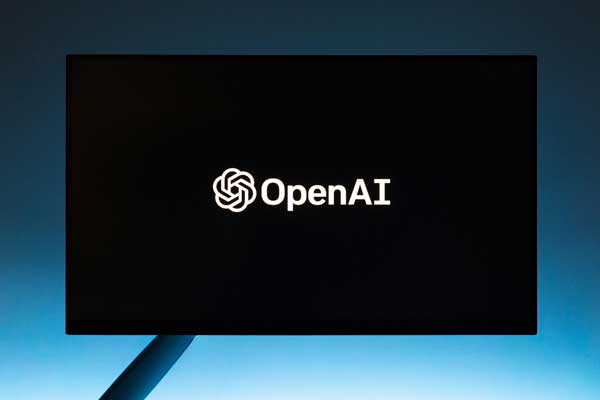OpenAI disrupts search engine market with introduction of SearchGPT

[Logo of OpenAI. Photo credit to Pexels]
On July 25th, OpenAI announced its new venture into the search engine industry by introducing SearchGPT.
This market was previously considered to have a high barrier to entry, given that many well-established corporations such as Google, Microsoft, and Yahoo have dominated the market for many years.
As of June 2024, Google held 91.06% of the search engine market share worldwide, with a large margin above the runner-up, Microsoft Bing, which recorded 3.72%.
Google has evidently made this industry difficult to break into, with its competitors also possessing a loyal and inelastic consumer base.
However, OpenAI demonstrated a competitive edge over these potential competitors by incorporating Artificial Intelligence technology into their newly introduced search engine.
Being the unrivaled leader in the Artificial Intelligence field, OpenAI currently has unparalleled influence in its relevant market.
Their new venture into the search engine market takes advantage of their technology and blockchain to deliver a new approach to web surfing for consumers.
OpenAI’s CEO Sam Altman introduced an AI-powered search engine with access to up-to-date information on the web, which could be accomplished at a much higher level than currently available with OpenAI’s resources.
The current prototype, in the testing stage, was produced with a focus on enhancing the web-surfing experience by lowering the amount of effort and time required to find information pertinent to personal searches through a conversational interface.
Not only that, OpenAI is planning on including a feature that allows publishers to manage how their content is presented on the results page of a search result.
The emphasis on personalization and convenience through the utilization of AI is a key factor that differentiates SearchGPT from other search engines.
With a conversational interface that offers real-time information with cited sources, asking follow-up questions relevant to the context induces consumer engagement in SearchGPT’s potential.
In light of the excitement surrounding SearchGPT, many experts claim that it accounted for the recent 3% decrease in shares of Alphabet, Google’s parent company.
The search engine market size was evaluated at 167 billion USD in 2023 and is projected to reach a whopping 529.5 billion by 2032.
With the advent of AI changing the game in this field, low-effort searches producing efficient and relevant results act as driving factors for the compound annual growth rate of 11% during this period.
This is explicitly stated as one of OpenAI’s missions as well.
Altman has stressed his company’s ambition to disrupt the traditional search paradigm through built-in language models within web surfing.
Their aim is to bring about a whole new search experience by leveraging Artificial Intelligence.
The company’s vision includes partnerships with verified publishers to maintain a mutualistic relationship benefiting consumers and creators.
Organizations such as Associated Press, News Corp, and Axel Springer are already working with OpenAI on content licensing agreements to ensure promising results in informational searches.
Mainstream search engines have similarly attempted AI integration in their own platforms in recent years.
Microsoft Bing chipped in with an early adoption of OpenAI technology for its own search engine, and notable platforms have engineered browsers that “do the browsing for you” too.
For instance, The Browser Company released Arc browser, a platform that utilizes AI to present organized and relevant information from internet resources as a result of a search or question.
Nevertheless, OpenAI’s unprecedented progress in AI technology is what garners the interest in SearchGPT, and the prospective efficacy of this search engine is certainly something consumers are looking forward to and investing in.

- Kaden Kim / Grade 10
- Seoul Foreign School

![THE HERALD STUDENT REPORTERS [US]](/assets/images/logo_student_us.png)
![THE HERALD STUDENT REPORTERS [Canada]](/assets/images/logo_student_ca.png)
